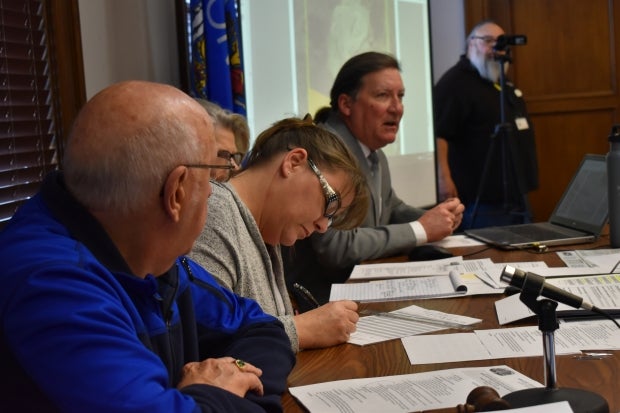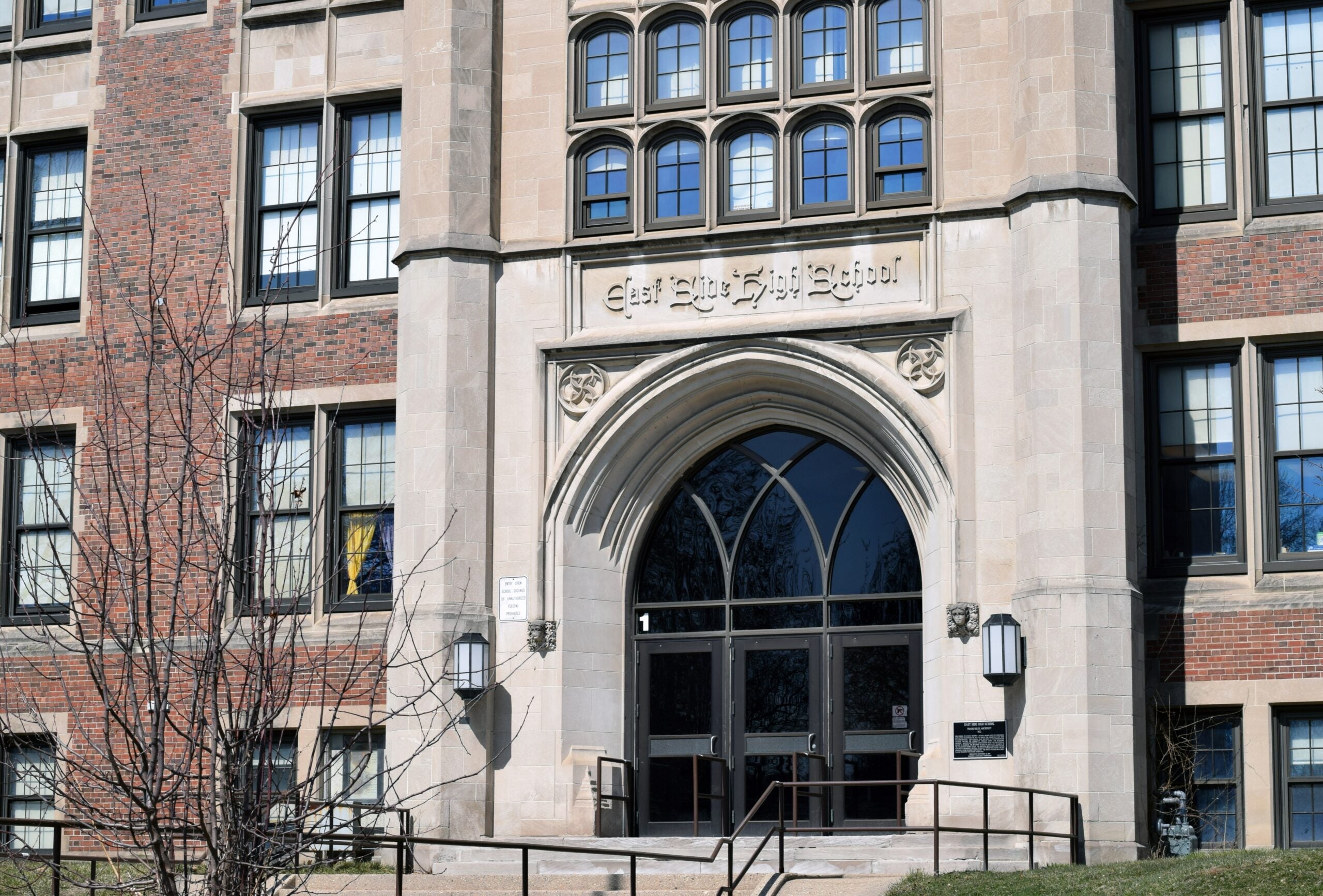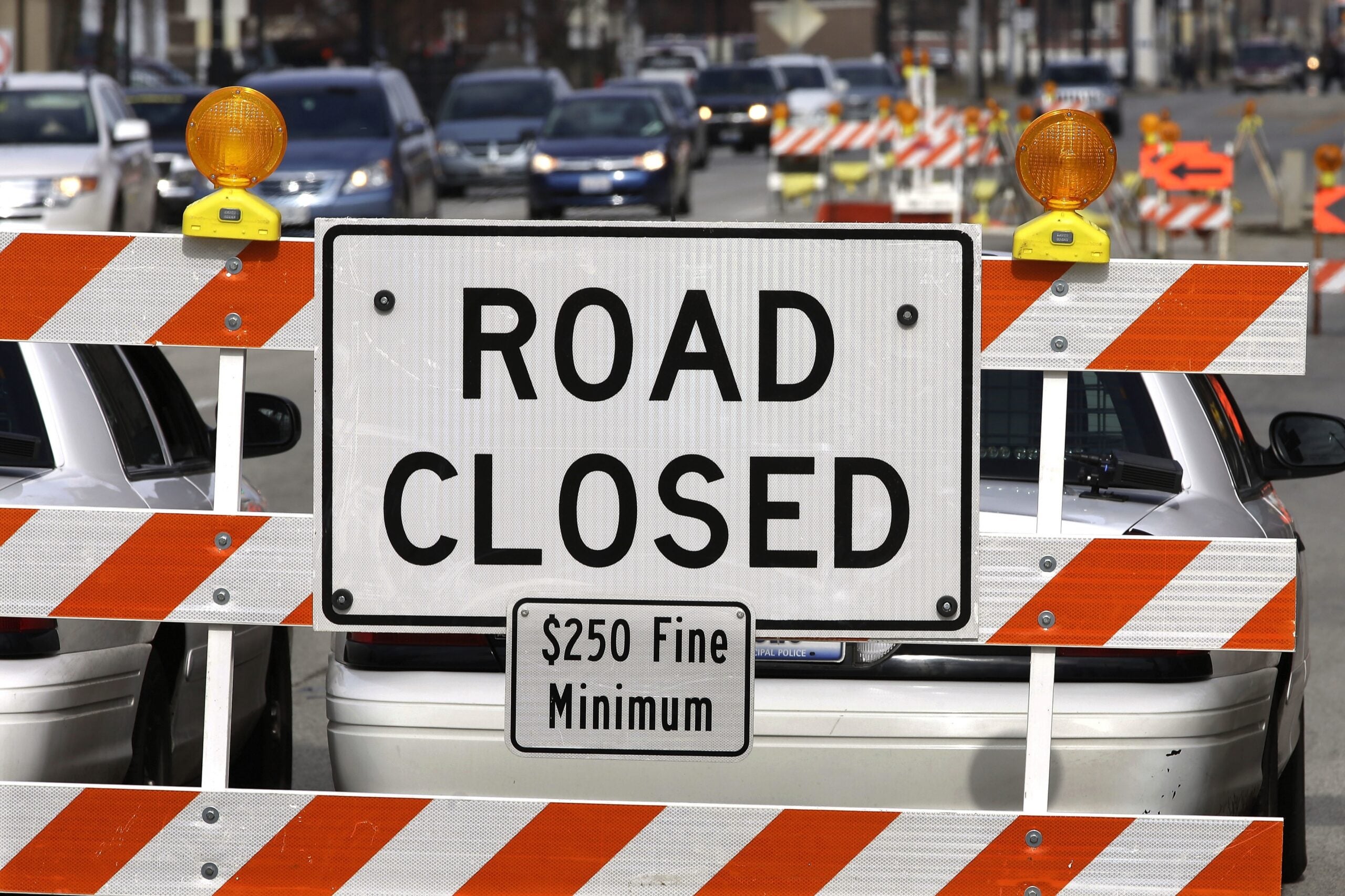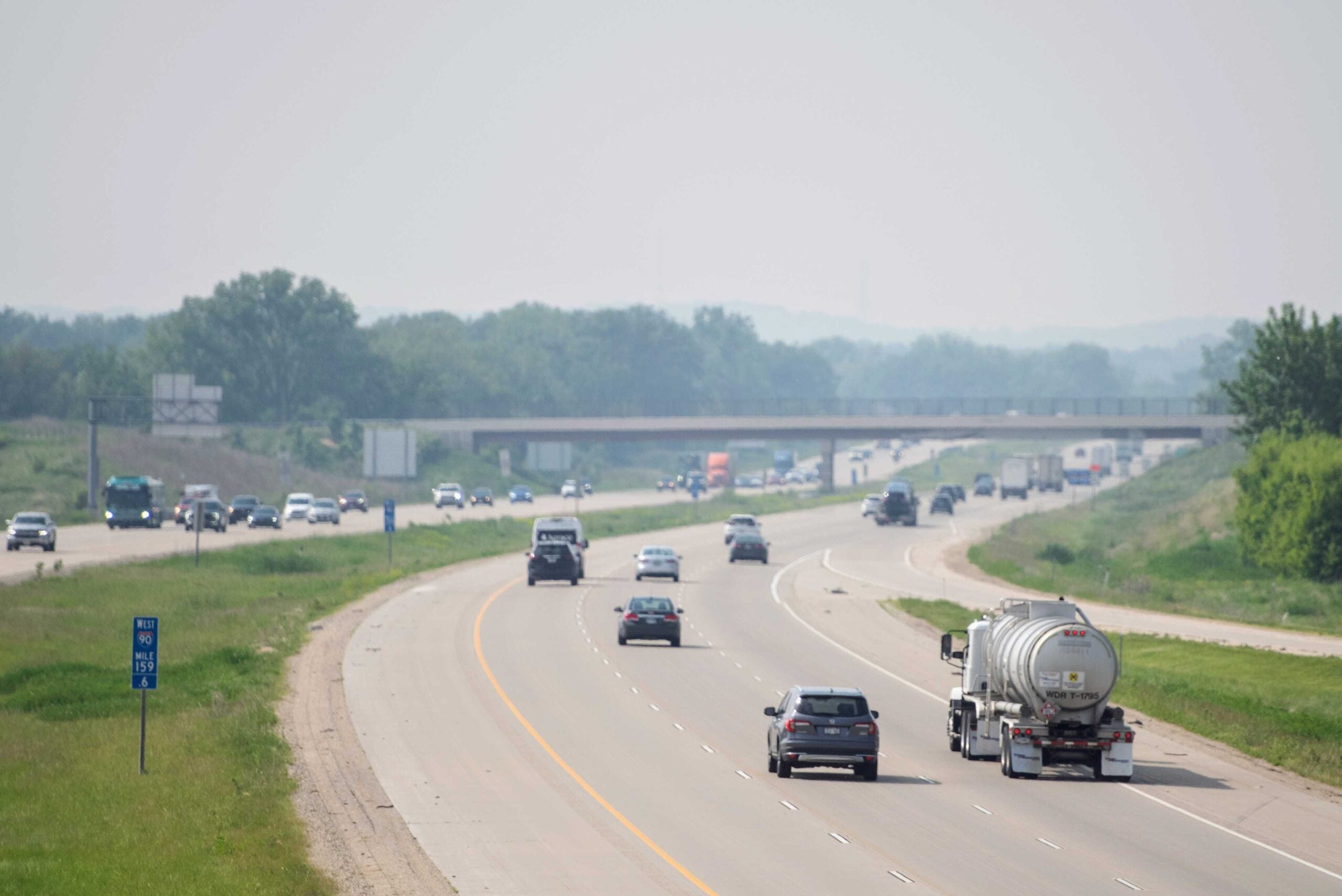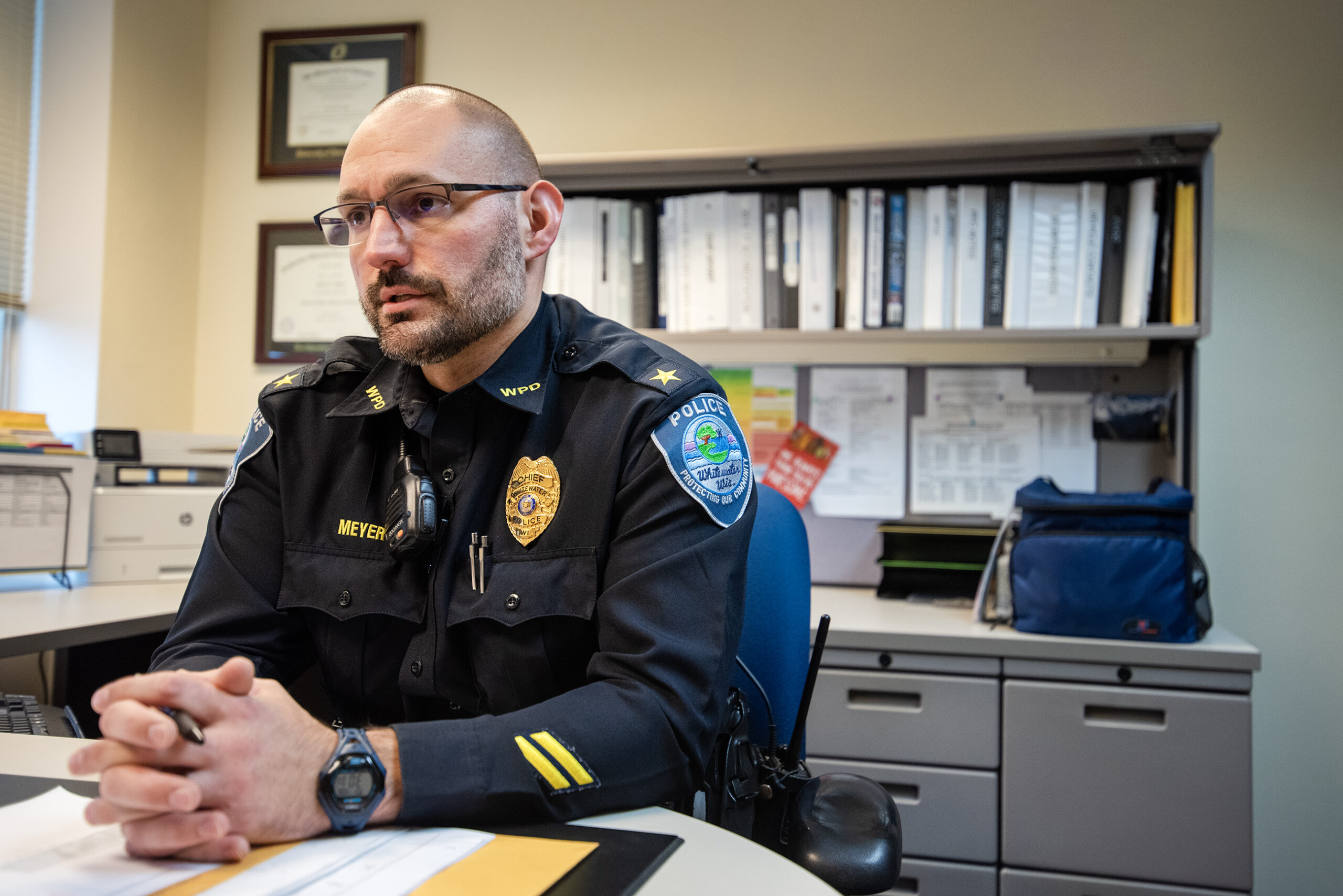One northern Wisconsin county will ask voters for their approval this spring to raise property taxes by nearly $1 million for the next five years after reaching what county leaders call a fiscal crisis.
In a 14-3 vote, Ashland County board members approved a resolution on Tuesday to put a referendum before voters to increase the tax levy by $938,638 for the next five years. Property taxes on the average home worth $113,000 would go up by $87 each year.
Ashland County Administrator Clark Schroeder said state restrictions on raising property taxes that have been in place since 2006 have limited the amount of money the county can bring in to pay for services. A 2011 law tied any increases in the tax levy to new construction, amounting to a $25,000 bump for Ashland County in its 2021 budget.
News with a little more humanity
WPR’s “Wisconsin Today” newsletter keeps you connected to the state you love without feeling overwhelmed. No paywall. No agenda. No corporate filter.
The county has been forced to borrow money to help pay for road projects and move money around to maintain operations due to rising costs, including health insurance.
“Without stabilizing the budget and aligning mandated services with local revenue, we risk not being able to pay our bills within a two-year period,” said Schroeder.
Schroeder told board members the county may not be able to pay the bills as soon as 2022.
The county’s financial problems have been compounding for years. Ashland County made a similar request of voters in a 2018 referendum after dealing with rising costs to law enforcement and health and human services related to drug abuse. That failed to gain support from a majority of residents who voted.
If the county can’t increase revenues, board members would be faced with cutting funds for outside services provided by the Ashland County Aging Unit, Bay Area Rural Transit and the Division of Extension at the University of Wisconsin-Madison. Ashland County board member Laura Nagro said they need to keep looking for ways to draw in revenue, hinting that it may be a tough sell during the COVID-19 crisis.
“We’re all in a bad time with COVID and job consistency and just mental health issues. I mean, it has been one whole year of cabin fever,” said Nagro. “We need to be the ones that are held to it, and we need to be the ones that are out there selling it.”
Matt MacKenzie was one of three county board members who opposed the referendum, saying he doesn’t see “a hope in Hades” that voters will approve it.
“Those same wallets pay for these taxes, whether it’s the school, the (technical college), the county, the town, the city, and they keep going up,” said MacKenzie. “We’ve got to hold the line somewhere on there or start cutting services.”
The county should have around $3 million in the budget that hasn’t been designated for any use in order to account for unknown expenses. Those unassigned funds have decreased from $3.6 million in 2015 to $962,507 in 2019. Schroeder expects that amount dropped to around $600,000 by the end of last year. He said Ashland County could be the first county in the state to run out of cash.
“We’re going to (have to) freeze debt levy somehow because we took all these loans out,” said Schroeder. “We’re going to have to take out bank loans to pay back the funds just to make payroll, regardless of what we do.”
Board member Philomena Kebec said they should be making lawmakers understand that state restrictions have put the county in “an untenable situation.”
The referendum will appear on the ballot during the April election. If approved, voters would see the change on their property tax bill beginning next year.
Wisconsin Public Radio, © Copyright 2025, Board of Regents of the University of Wisconsin System and Wisconsin Educational Communications Board.

